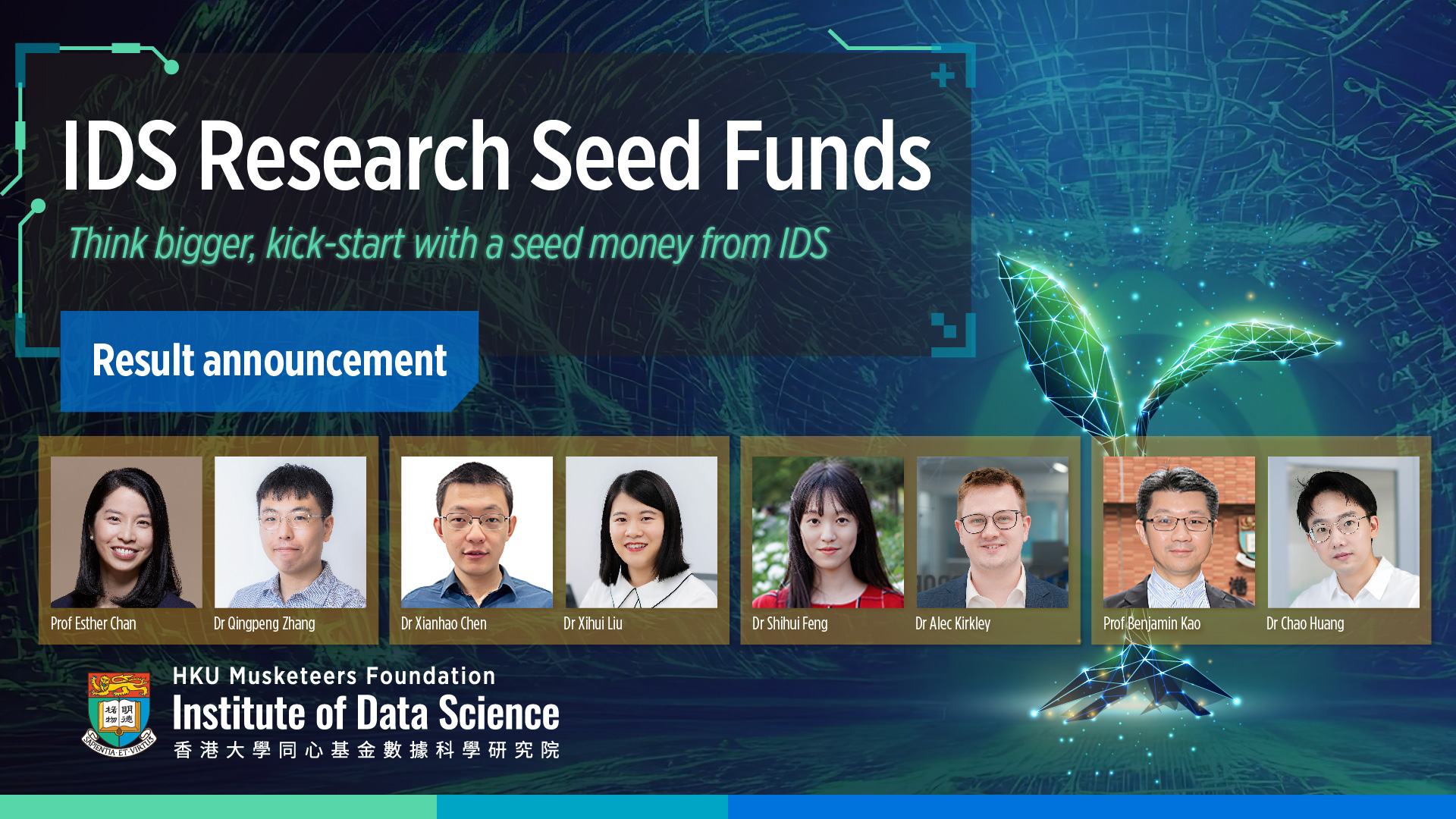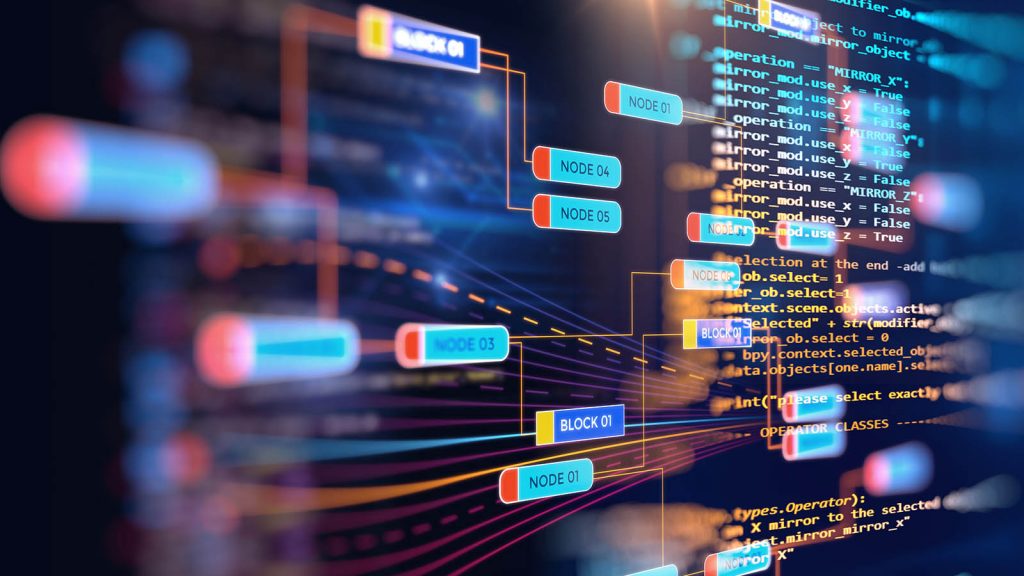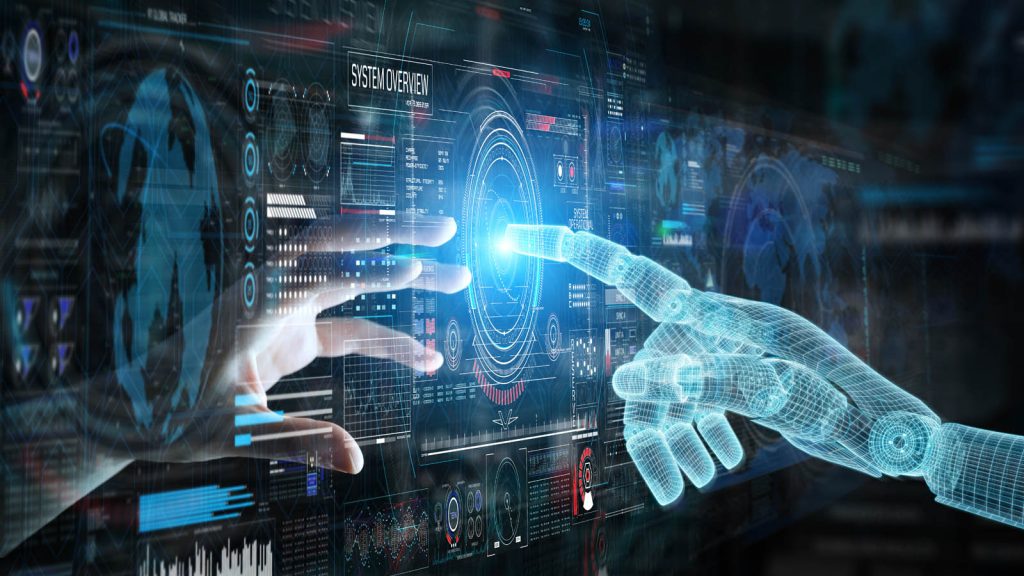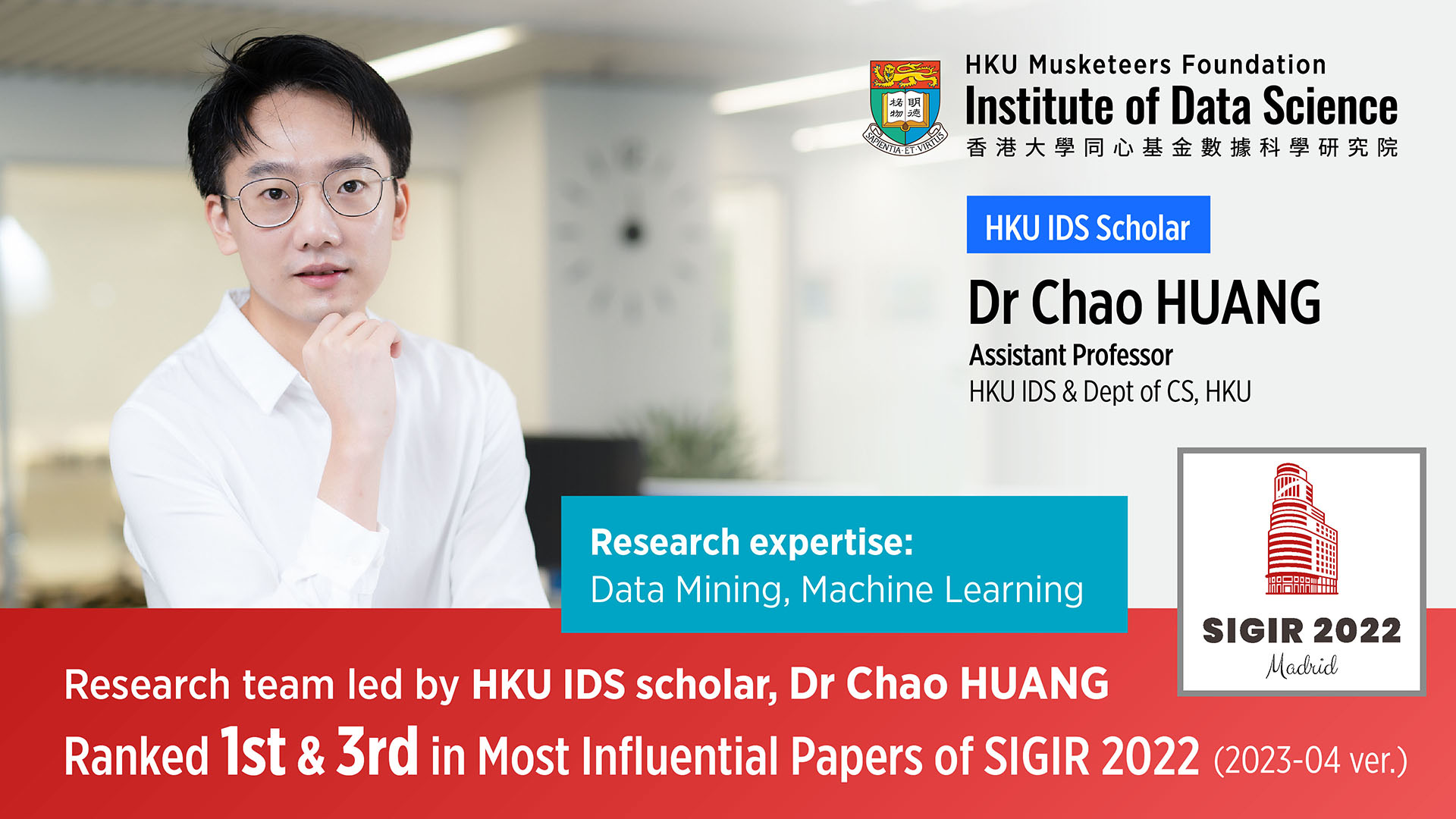Research
Research Projects for IDS Research Seed Funds 2023

The Institute hopes to draw together data science talents from cross-disciplinary areas, establishing our regional and global identity and leadership in this area. The large-scale data across systems in Hong Kong and the Greater Bay Area will give us an unique advantage to produce impactful and novel research. One of the Institute’s missions is to work with international counterparts as well as national and institutional think tanks on new areas in data science, through major research collaboration and academic exchange activities. By working together, we hope to address complex industrial, business, and societal issues and bring positive impacts to people in Hong Kong and around the world.
HKU is a comprehensive research-led university and well positioned to conduct interdisciplinary research in data science. Our researchers from different Departments and Faculties have been working for some time on projects in related fields ranging across computer science, mathematics, statistics, education, social sciences, business, and health care. A focal point in the form of the new Institute can now help to organize, develop, and materialize the work and efforts with strategic planning and targeted funding support.

Fundamental data science
As a research-led University, HKU has a strong foundation in basic research, which is the cornerstone of applied research. IDS will develop novel methodologies used to analyze large volumes of data, with the goal of finding new patterns, associations, or correlations, leading to hypothesis formation and new scientific discovery and results. A core team of data scientists specializing in computer science, mathematics, and statistics as well as industrial engineering will work together to form the “brain’’ of IDS. With the capacity of these core data scientists, strategic research clusters will be set up across disciplines by leveraging the strengths of different Faculties to address complex and data-driven problems.
Explainable AI and
Human-Machine Interplays
AI is everywhere in our daily lives, permeating a broad range of sectors including healthcare, education, manufacturing, law, engineering, and finance. The use of AI-enabled systems helps in making predictions and decisions that have profound effects on peoples’ lives and wellbeing. Pressing questions arise, such as Why does an AI system make a specific prediction or decision? Why didn’t the AI system do something else? When did the AI system succeed and when did it fail? When does the AI system provide us with enough confidence in the decision that we can trust it, and how can the AI system correct errors that arise? Explainable AI aims to address how the black box decisions of AI systems are made, helping us to understand the steps and models involved in making decisions. We have an obligation to improve not just the power and accuracy of AI systems, but also their transparency, explainability, and interpretability. This will ensure that when an AI system makes a mistake in a real-life situation, we can identify its source and prevent future mistakes.


Smart society
Hong Kong and the Greater Bay Area are very well placed to conduct smart society research. The growing use of sensors and connected devices – with some 2.5 quintillion bytes of data produced daily around the world – is valuable to the development and improvement of various areas including healthcare, management, infrastructure, and the environment. Current data science research by HKU’s Faculties of Architecture, Dentistry, Education, Engineering, Medicine, and Social Sciences could be leveraged by utilizing and integrating their data to provide a healthy and sustainable society ecosystem by integrating information and communication technology (ICT), the Internet of things (IoT), and citizen participation. The focused areas we aim to develop include (1) Sustainable development: digital economies, societies, cities; (2) Resilience and response to 21st century challenges to complex societies; and 3) Data systems and strategies for smart societies: hard and soft infrastructure.



